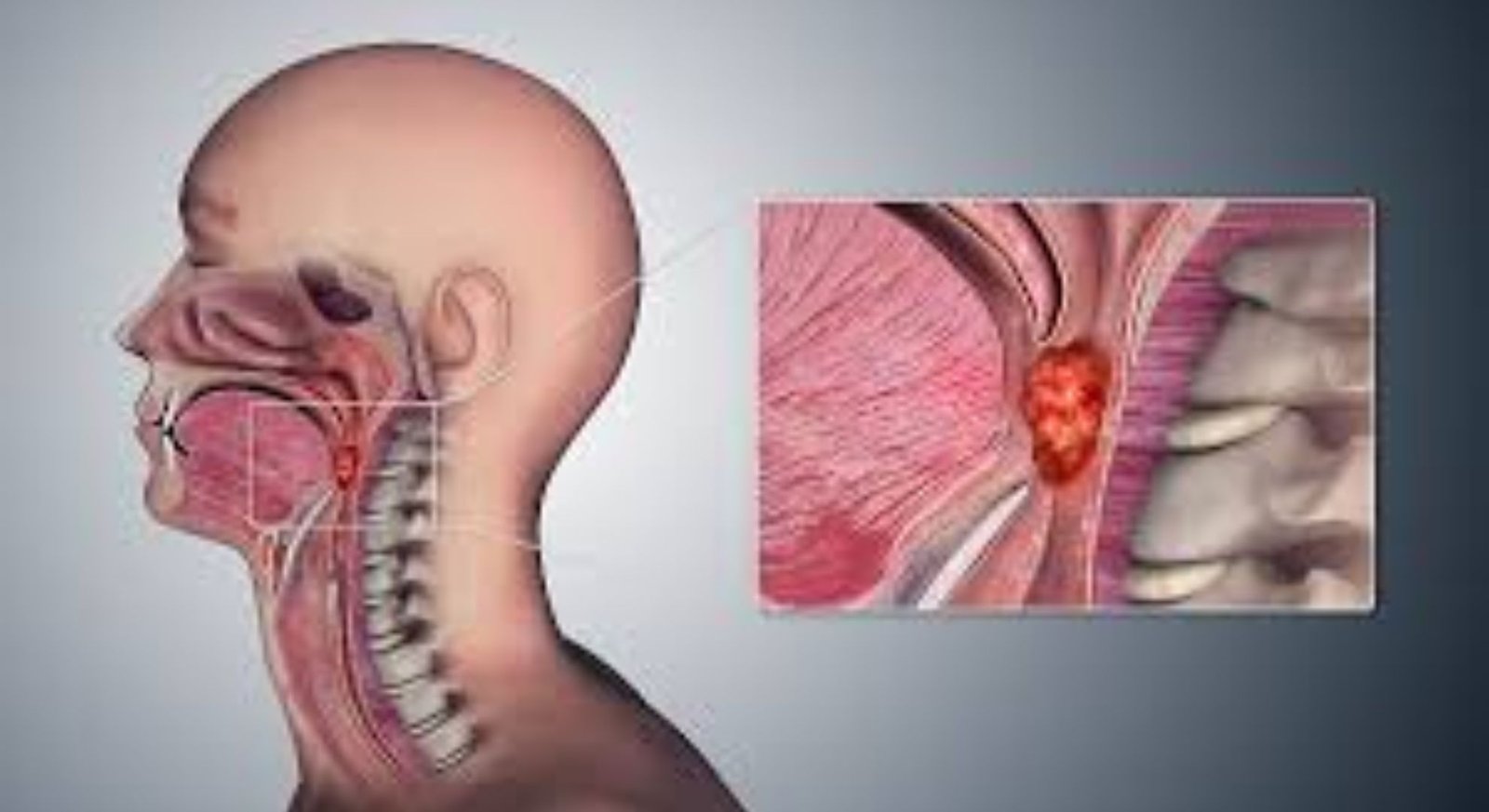Throat cancer is a serious health concern that affects the voice box (larynx), vocal cords, and other parts of the throat such as the pharynx and tonsils. While it is not among the most common cancers, it can be life-threatening if not detected and treated early. Fortunately, with growing awareness and advancements in medical science, throat cancer treatment in India has become highly effective and accessible, offering patients hope and healing.
This guide explores the key aspects of throat cancer—including how it’s diagnosed, the treatment options available, and what recovery typically involves, particularly within the Indian healthcare system.
Understanding Throat Cancer
Throat cancer refers to malignant tumors that develop in the throat (pharynx), voice box (larynx), or tonsils. It is most commonly caused by:
- Tobacco use (smoking or chewing)
- Excessive alcohol consumption
- Human papillomavirus (HPV) infection
- Exposure to certain chemicals or pollutants
- Poor oral hygiene
Symptoms of throat cancer may include:
- Persistent sore throat
- Difficulty swallowing
- A lump in the neck
- Hoarseness or voice changes
- Unexplained weight loss
- Ear pain
If you experience any of these symptoms for more than two weeks, it’s essential to consult an ENT specialist or oncologist.
Throat Cancer Diagnosis in India
Early detection is key to successful throat cancer treatment. In India, diagnosis typically involves the following steps:
1. Physical Examination and Medical History
The doctor will begin with a thorough physical exam and inquire about your symptoms, lifestyle, and medical history.
2. Laryngoscopy or Nasopharyngoscopy
A thin, flexible tube with a camera (endoscope) is inserted through the nose or mouth to view the throat area.
3. Biopsy
If suspicious tissue is found, a biopsy is performed to confirm whether cancer cells are present.
4. Imaging Tests
To determine the extent of the disease, imaging tests like CT scans, MRI, PET scans, or X-rays are done.
Once diagnosed, the cancer is staged from I to IV, based on its size and how far it has spread. This staging helps decide the most appropriate throat cancer treatment in India for each patient.
Throat Cancer Treatment in India: Options Available
India offers a wide range of advanced and affordable treatment options for throat cancer. The choice of treatment depends on the cancer’s stage, location, and the patient’s overall health.
1. Surgery
Surgery may be performed to remove the tumor and surrounding tissues. Common surgical options include:
- Laryngectomy (partial or total removal of the voice box)
- Pharyngectomy (removal of part of the throat)
- Neck dissection to remove affected lymph nodes
India has numerous hospitals equipped with robotic and minimally invasive surgical tools that reduce complications and recovery time.
2. Radiation Therapy
Radiation uses high-energy rays to kill cancer cells. It is often used:
- As a primary treatment for early-stage cancer
- After surgery to destroy remaining cells
- In combination with chemotherapy for advanced stages
Modern Indian hospitals offer precision techniques like IMRT (Intensity-Modulated Radiation Therapy) to minimize damage to healthy tissues.
3. Chemotherapy
This treatment involves using drugs to kill cancer cells, usually in advanced stages or when the cancer has spread. Chemotherapy is often combined with radiation (chemoradiation) for better results.
4. Targeted Therapy and Immunotherapy
These are newer treatment methods available in India’s leading cancer centers. Targeted therapy attacks specific cancer cells, while immunotherapy boosts the body’s immune system to fight the disease.
Why Choose Throat Cancer Treatment in India?
India has become a global destination for cancer treatment due to:
- Highly skilled oncologists and surgeons
- State-of-the-art medical equipment
- Affordable treatment compared to Western countries
- Shorter waiting times
- Holistic care, including nutrition and counseling
Top hospitals in cities like Delhi, Mumbai, Chennai, Bengaluru, and Hyderabad offer comprehensive throat cancer care—from diagnosis to rehabilitation.
Recovery and Life After Treatment
Recovery depends on the type of treatment and the stage at which the cancer was diagnosed. Here’s what patients can expect:
1. Hospital Stay and Initial Healing
- Surgical patients may stay for a few days post-operation.
- Pain management, wound care, and speech therapy may begin soon after.
2. Speech and Swallowing Therapy
Many patients, especially those who undergo laryngectomy, need assistance to regain speech and swallowing abilities. Speech therapists and rehabilitation centers in India specialize in this support.
3. Lifestyle Adjustments
- Avoid tobacco and alcohol
- Eat a nutritious, soft diet
- Attend regular follow-ups for monitoring
4. Emotional Support
Dealing with cancer can be emotionally draining. Many Indian hospitals offer counseling services and support groups to help patients and families cope.
Conclusion
Throat cancer treatment in India has made remarkable strides, providing high-quality care that’s both accessible and affordable. Whether you are an Indian resident or an international patient seeking advanced medical care, India’s cancer hospitals deliver a holistic and patient-centered approach to throat cancer treatment.
Early diagnosis, timely treatment, and a strong support system can make a significant difference in your recovery journey. If you or a loved one is experiencing symptoms or has been diagnosed with throat cancer, consult a qualified specialist and take the first step toward healing.
